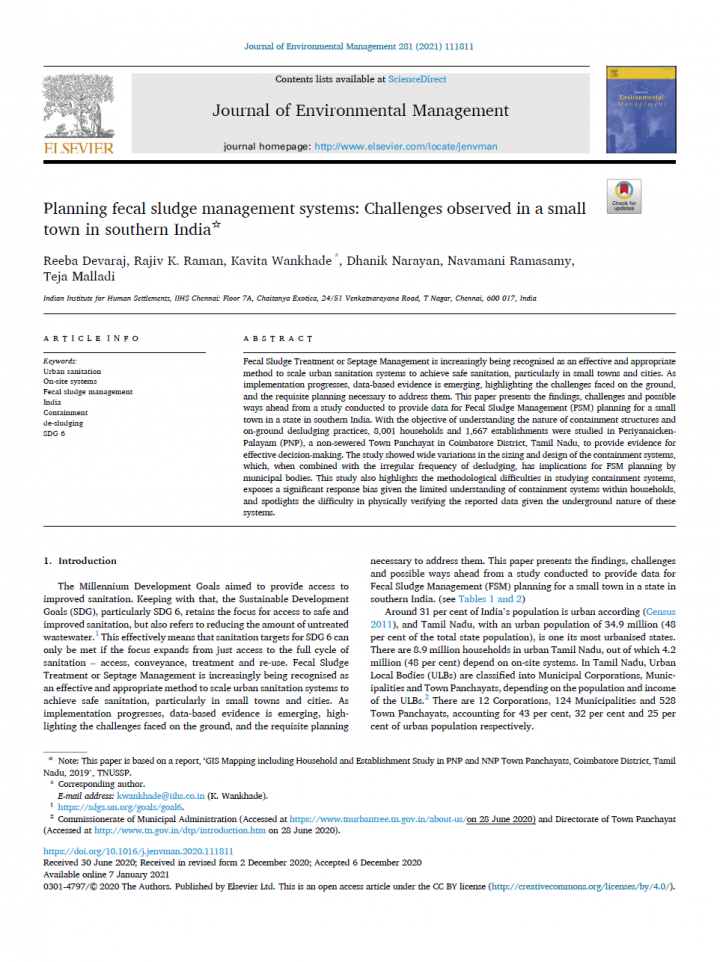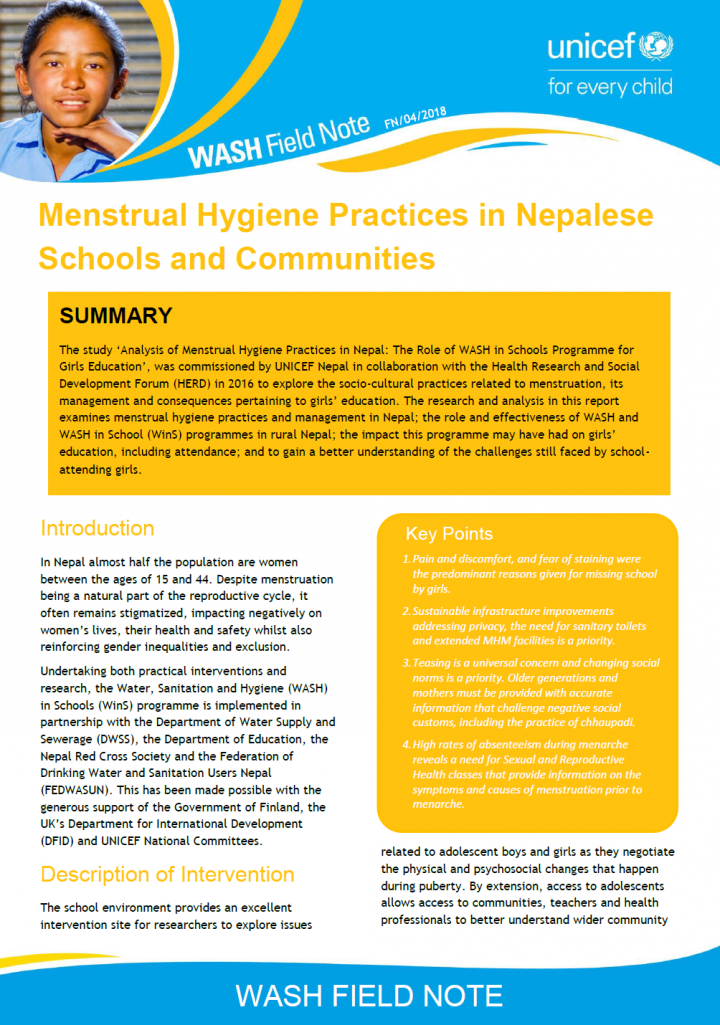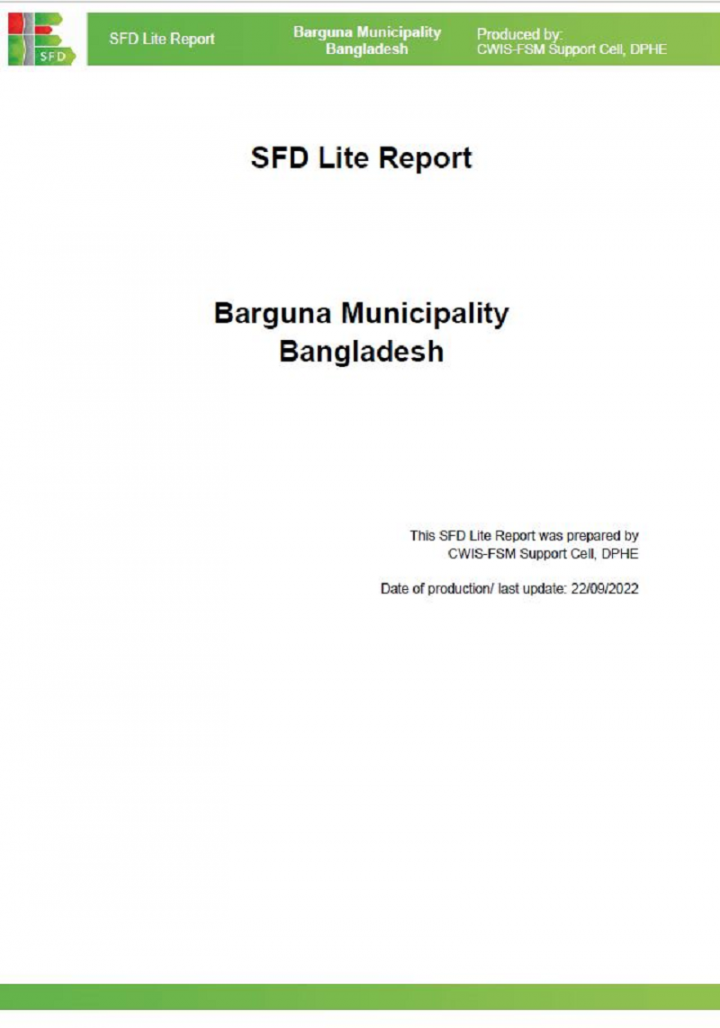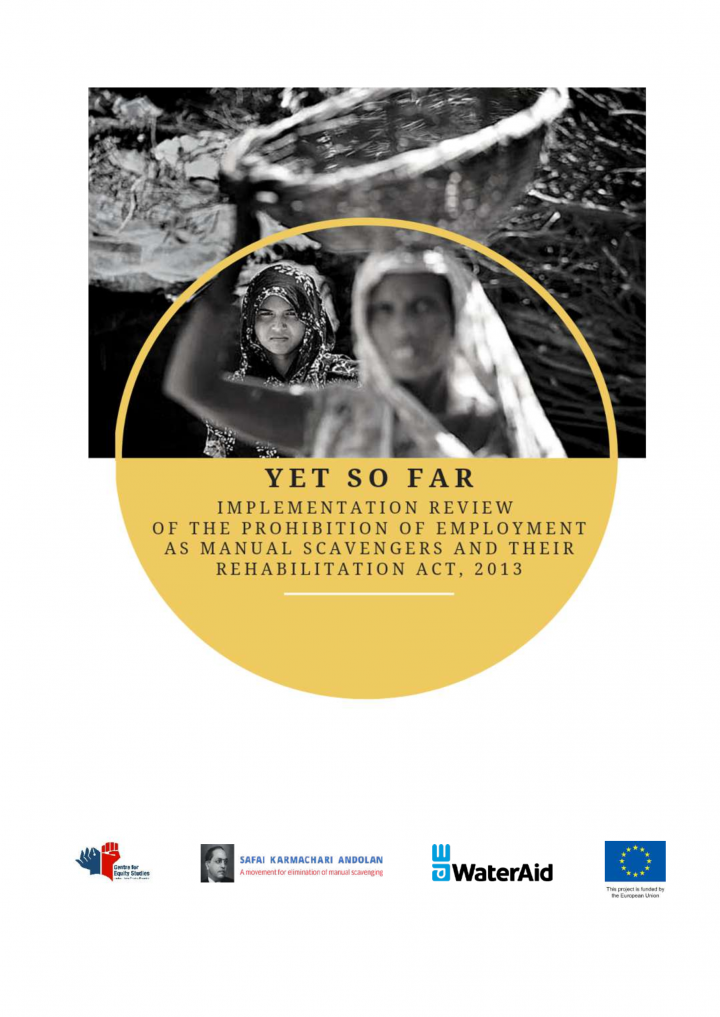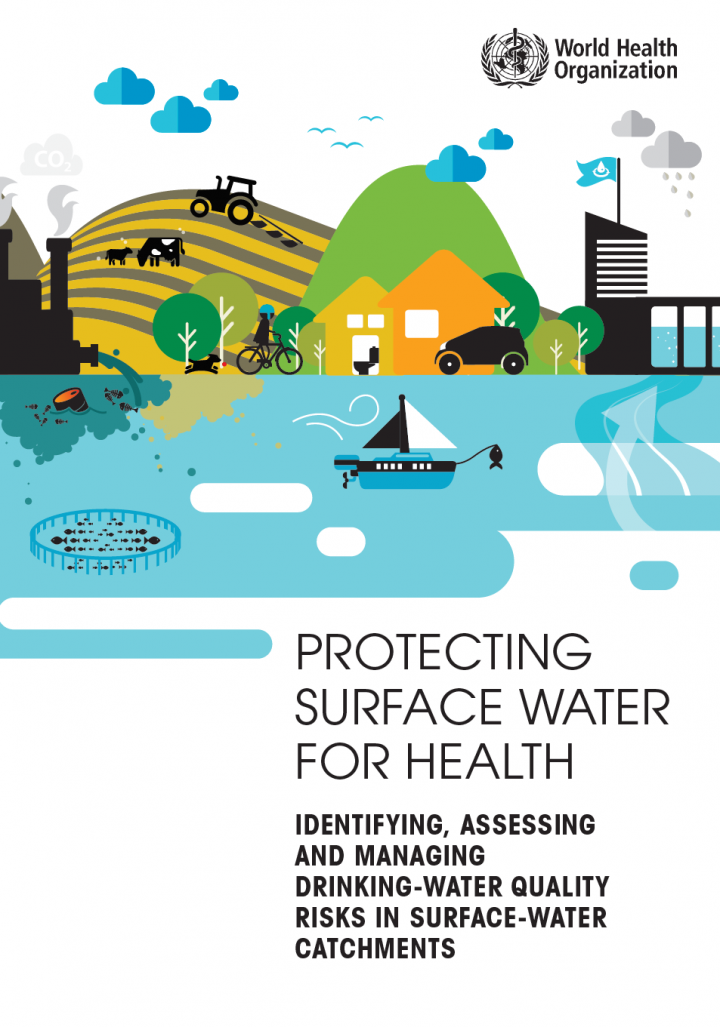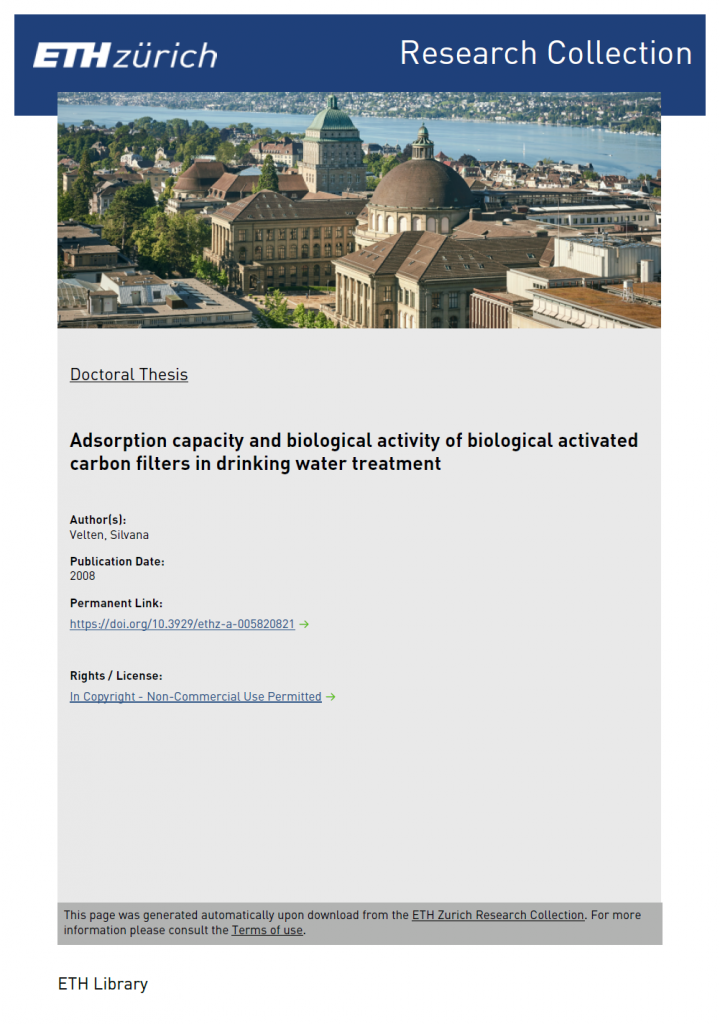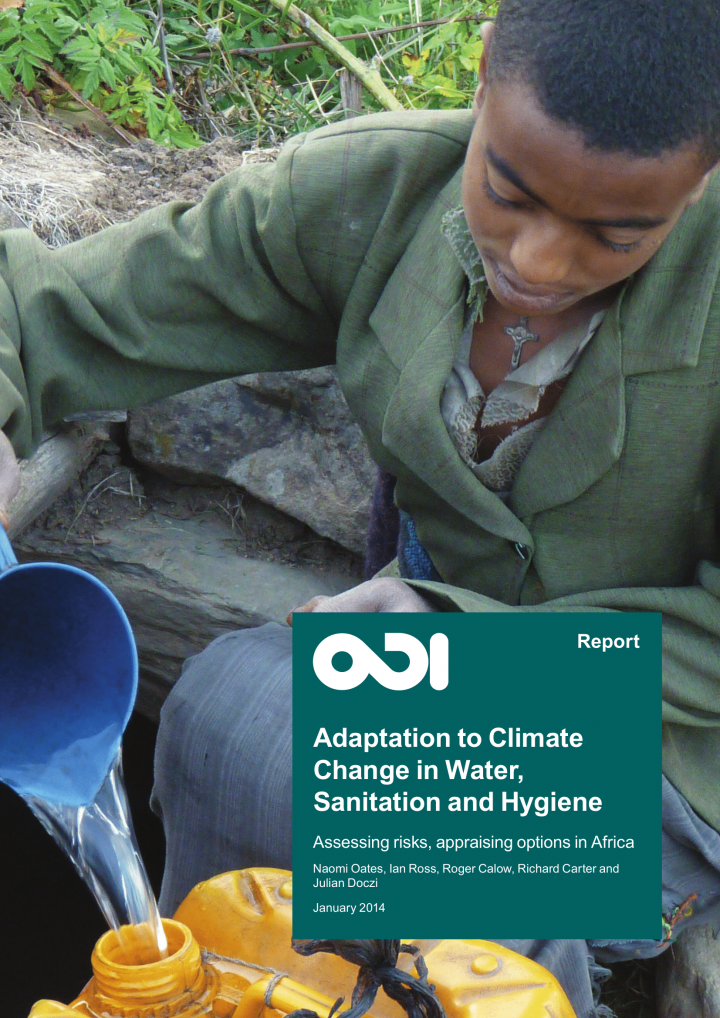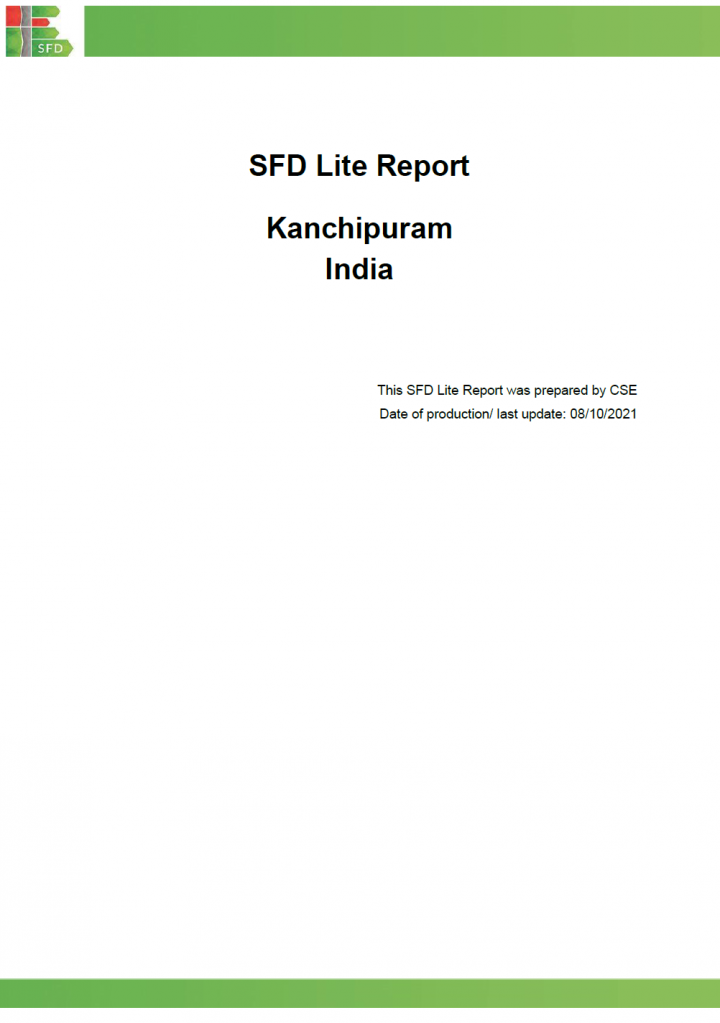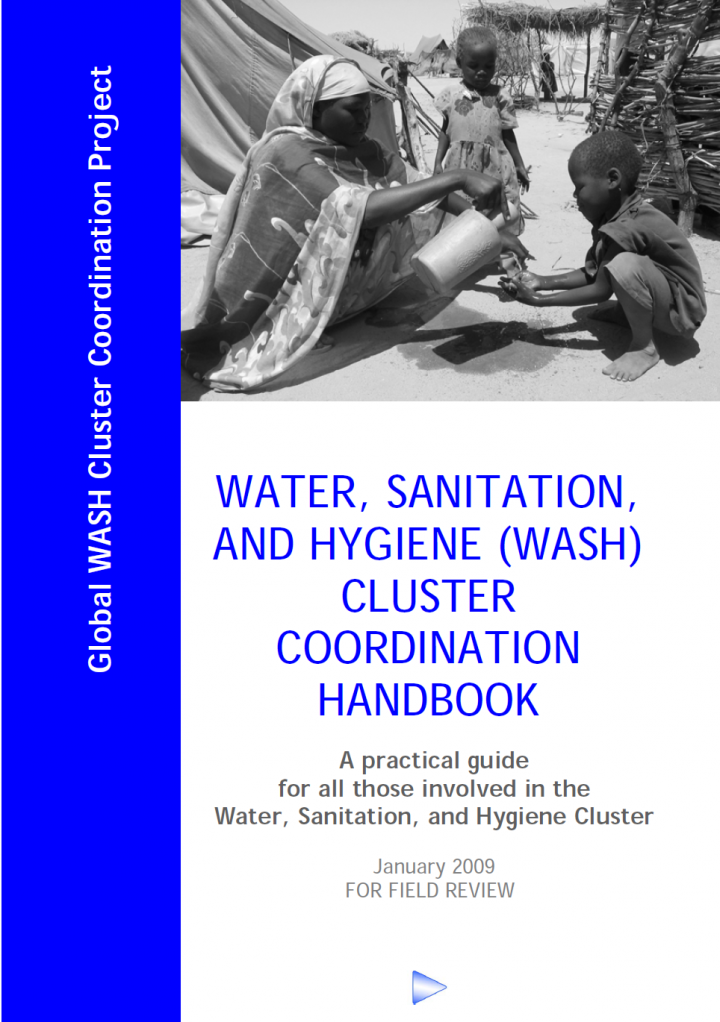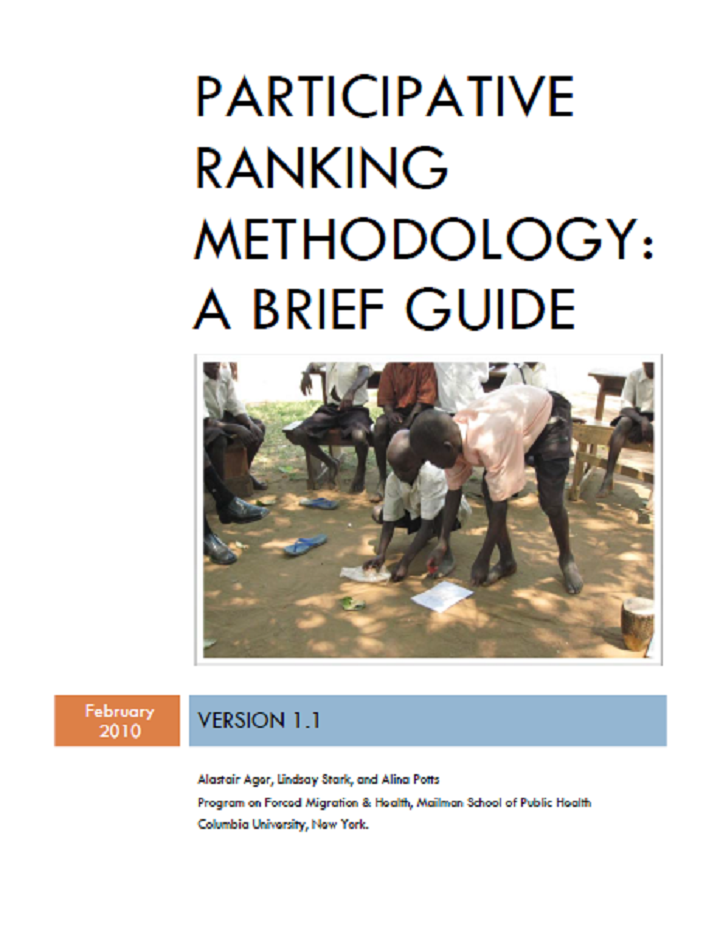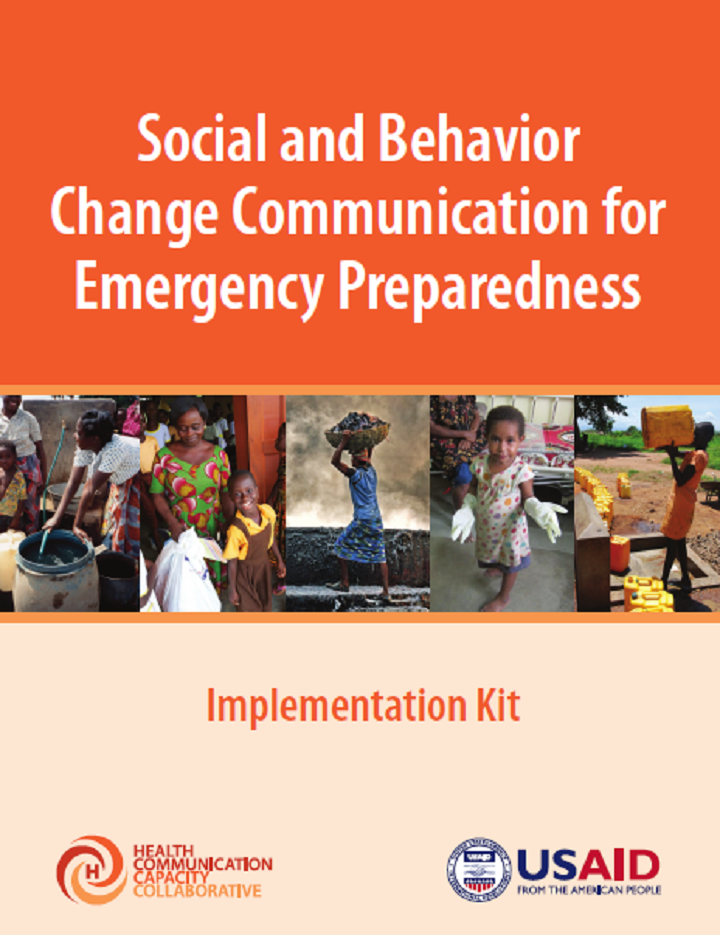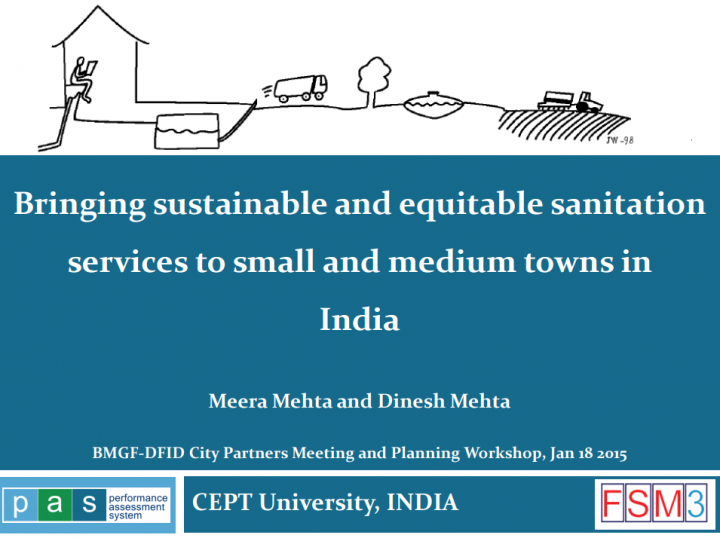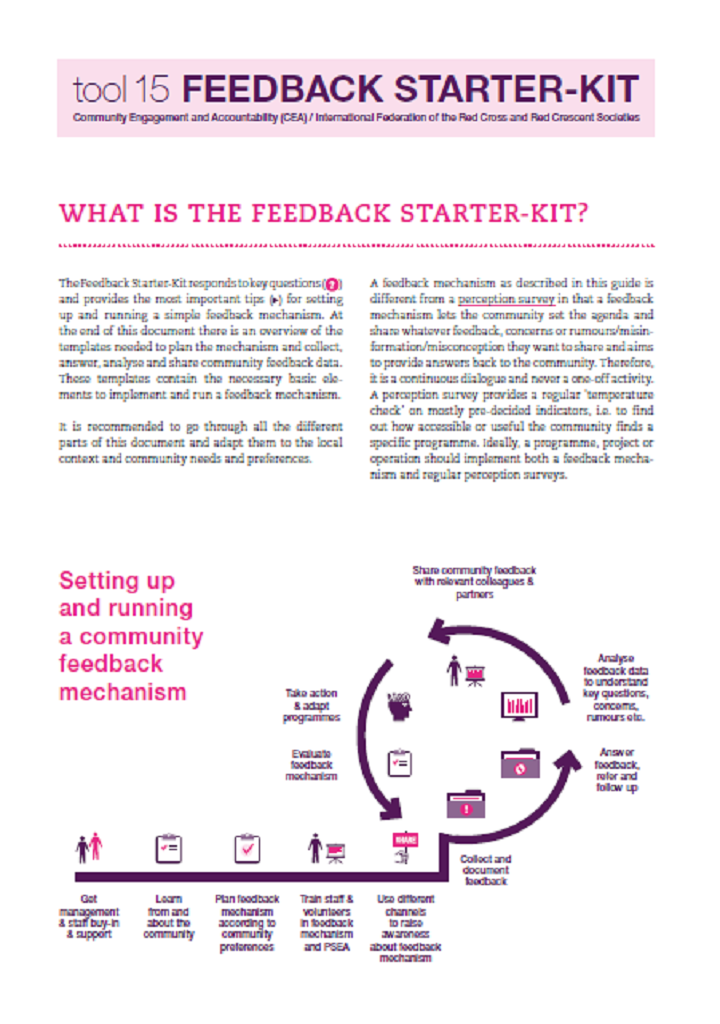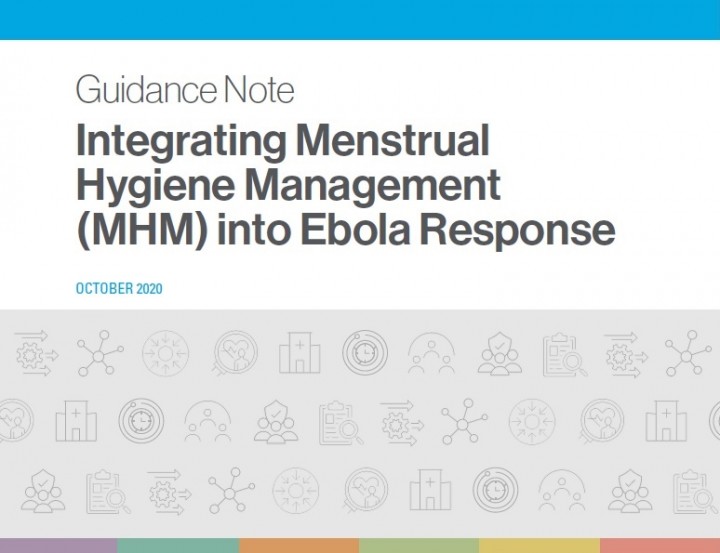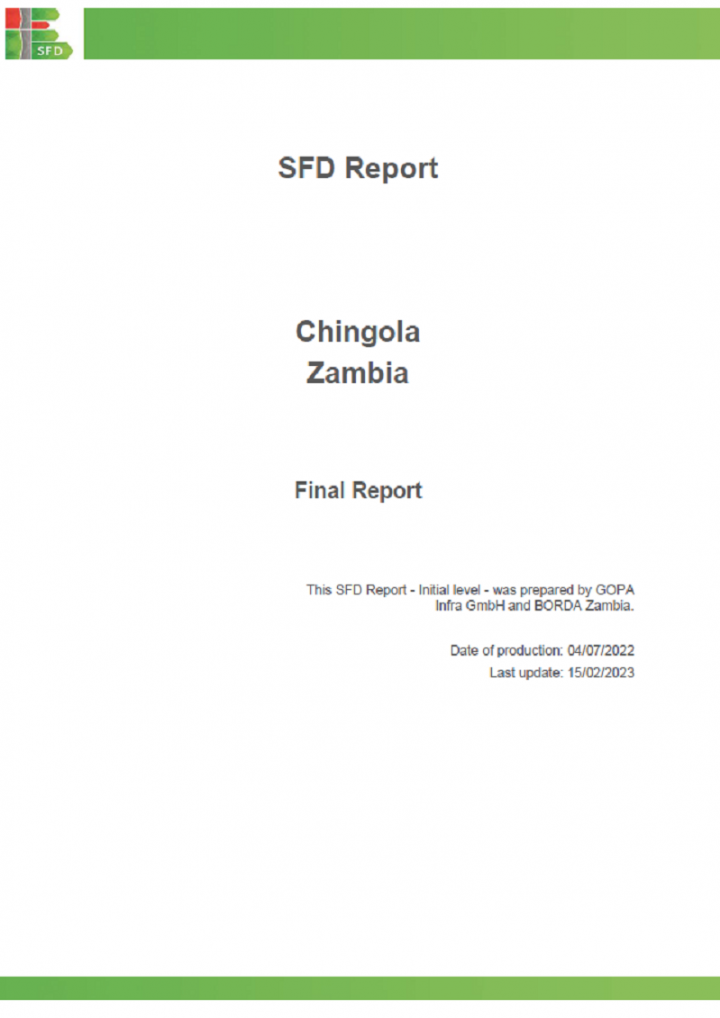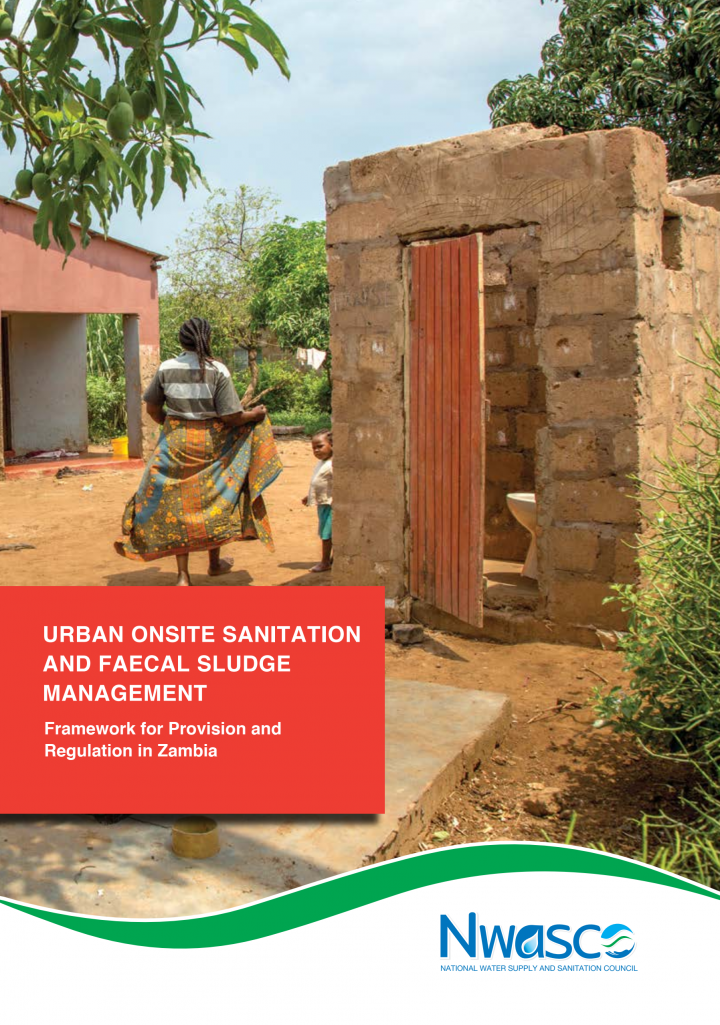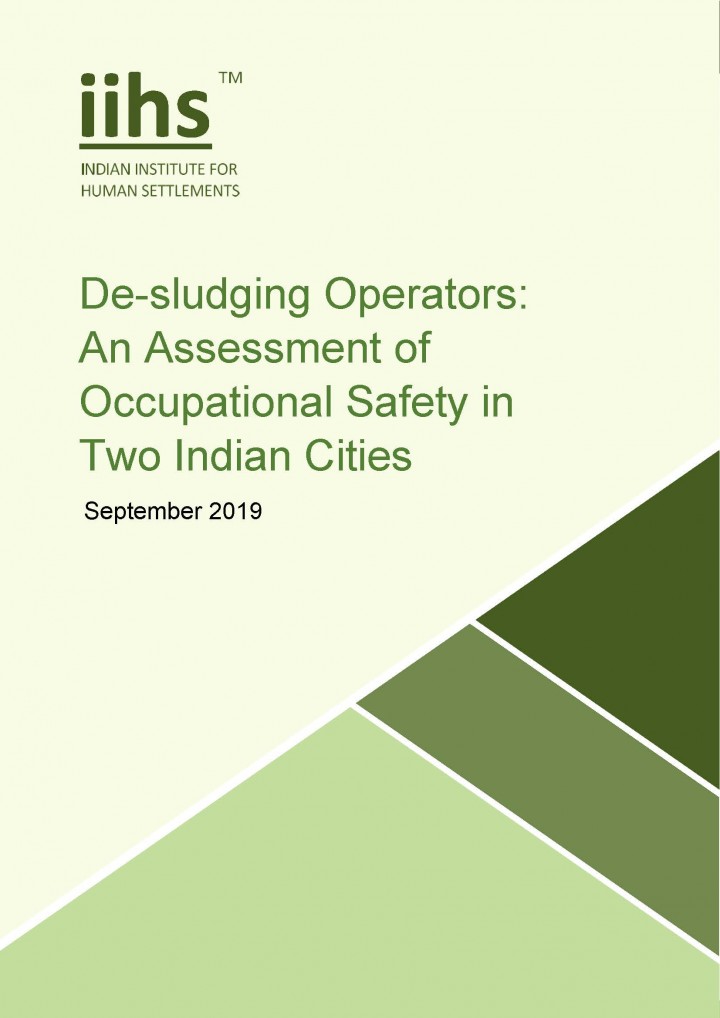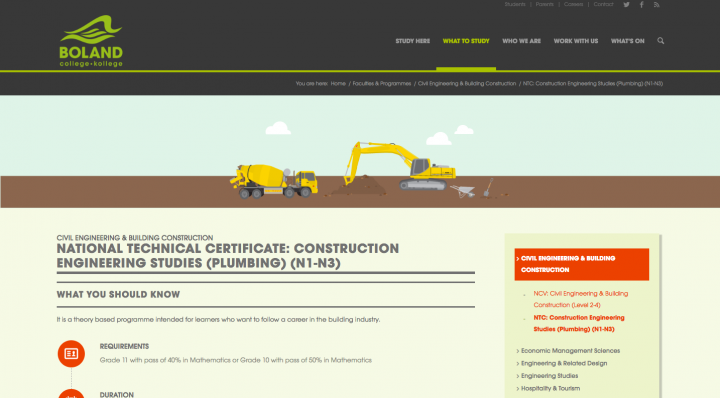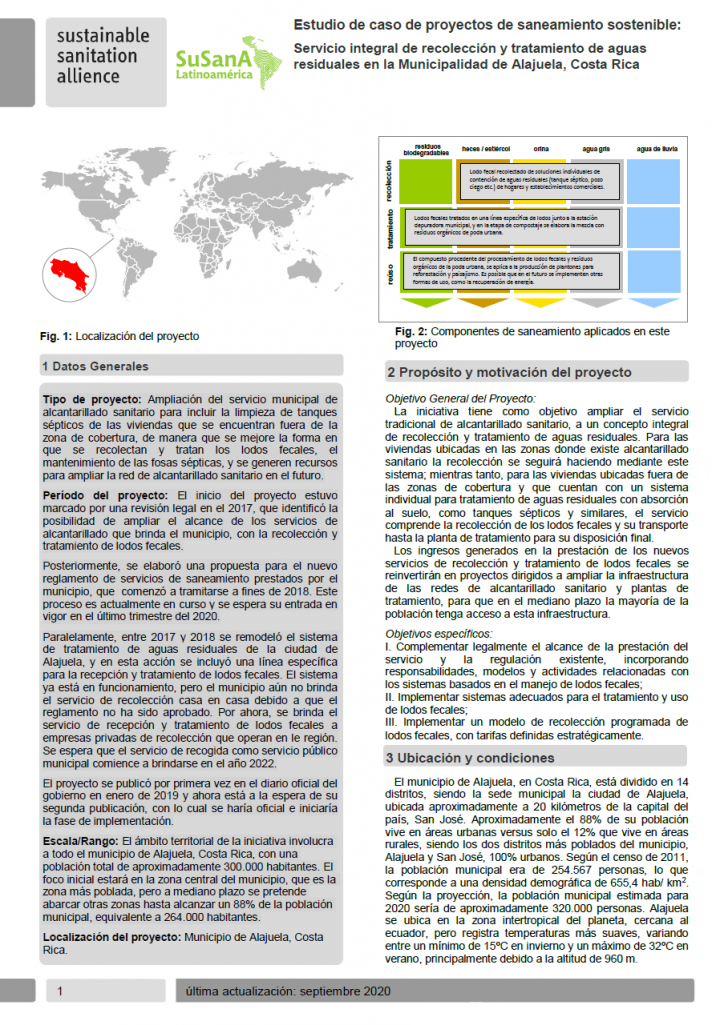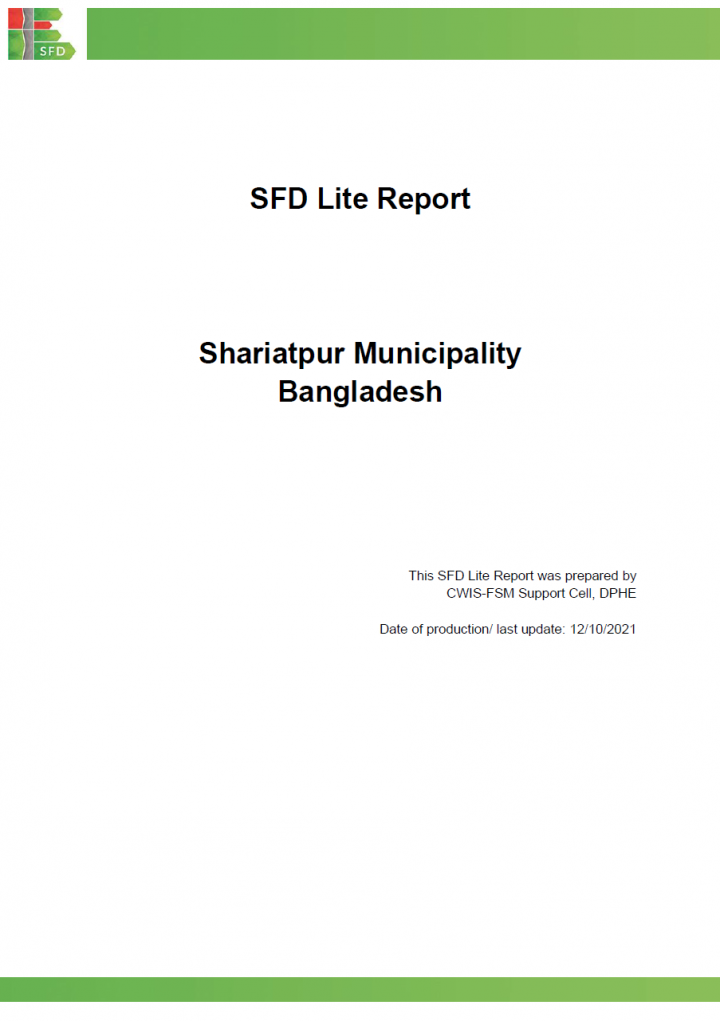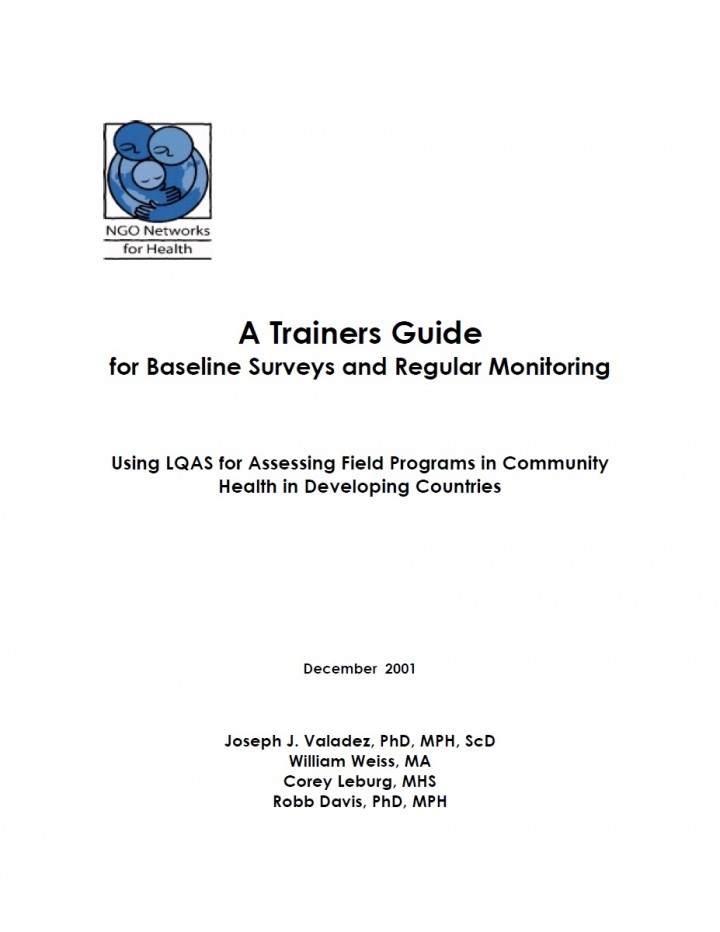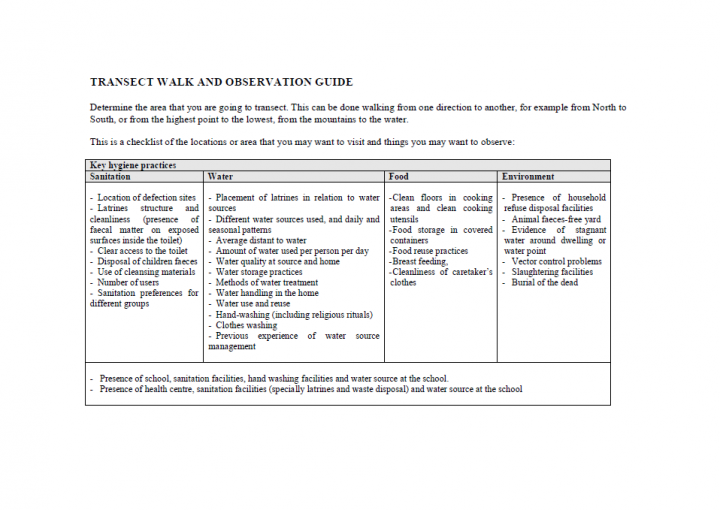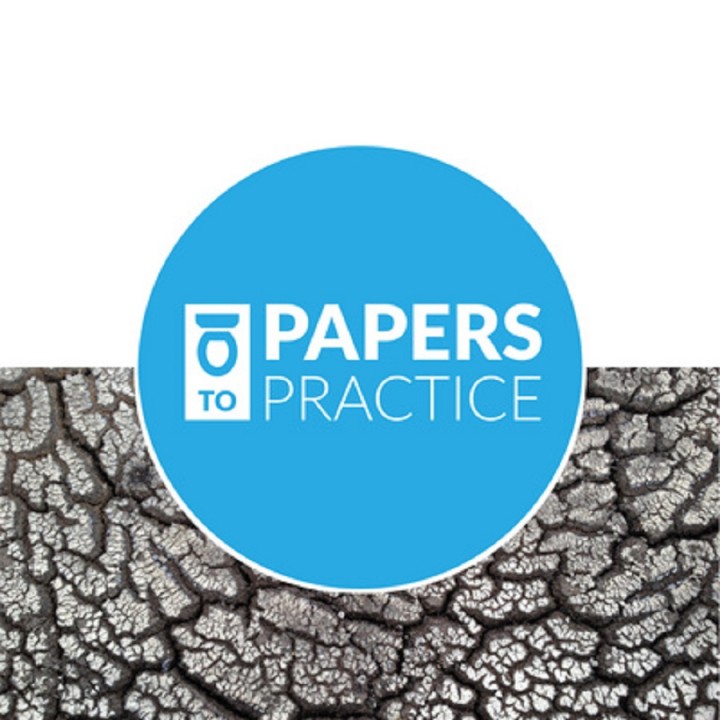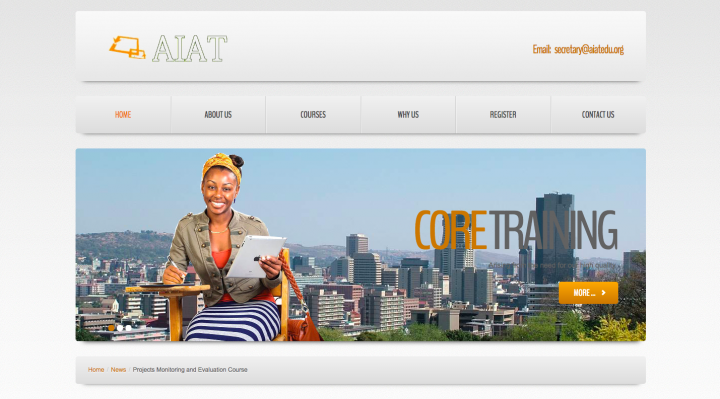Searching for information on Sanitation Workers?
The Sanitation Workers Knowledge + Learning Hub is the best source for all current news, trends, articles and updates on sanitation workers rights around the world.
Fecal Sludge Treatment or Septage Management is increasingly being recognised as an effective and appropriate method to scale urban sanitation systems to achieve safe sanitation, particularly in small towns and cities. As implementation progresses, data-based evidence is emerging, highlighting the challenges faced on the ground, and the requisite planning necessary to address them. This paper …
The study ‘Analysis of Menstrual Hygiene Practices in Nepal: The Role of WASH in Schools Programme for Girls Education’, was commissioned by UNICEF Nepal in collaboration with the Health Research and Social Development Forum (HERD) in 2016 to explore the socio-cultural practices related to menstruation, its management and consequences pertaining to girls’ education. The research and …
Barguna is a fast-growing city, which is 319 km away from the Dhaka city. It is beside the Khakdon River and well connected with road and water. It is one of the oldest towns in the sub-continent and was declared municipality in 1973. Barguna is one of the 53 district level municipality in the country.
According to the population census in 2011 by the Bangladesh Bureau of Statistics (BBS), the …
There are twin tragedies that are involved in the continued prevalence of manual scavenging in our society. And one tragedy makes the other more tragic. Firstly, it is unfortunate that a country which boasts to be the world’s biggest democracy is still impervious to the fact that we have allowed people (largely women) to be involved with the practice of manual scavenging and cleaning of sewers, …
Safe drinking-water is essential to sustain life – it is the basis for human health, survival, growth and development. Therefore, access to safe drinking-water is a basic human right. Recognition of this right contributes to the survival of human beings and disease prevention, because water is used not only for drinking, but also for many other purposes such as hygiene, food production, …
Granular activated carbon (GAC) filters have been used for decades to remove various kinds of organic micropollutants (MP), disinfectant by-products and taste and odor (T&O) compounds from water by adsorption. In recent years chemical oxidation by ozonation was implemented in many treatment plants before GAC filtration. During ozonation a substantial fraction of the natural organic matter (NOM) …
Water will be the main channel through which the impacts of climate change will be felt by people, ecosystems and economies. However, predicting impacts on the availability and quality of freshwater resources, and on water-dependent services and sanitation, remains difficult.
While there is a high level of confidence in the processes linking emissions to global warming, much less is known …
Kanchipuram Municipality is comprised of 51 wards with a total population of 2,32,816. The total area is 36.14 Square kilometers. The city is on the northeast side of Tamilnadu and is located 76 km away from the state capital Chennai (see Figure 2). It’s a Municipality administration city. The city is located in the banks of the river Vegavathi. Kanchipuram is considered one of the ancient …
The WASH Cluster Coordination Handbook aims to assist in achieving effective coordination among WASH Cluster actors and contribute to the overall Global WASH Cluster goal of improving the predictability, timeliness, and effectiveness of a comprehensive WASH response to humanitarian crises. Developed primarily to support the role of the WASH Cluster Coordinator (WCC), the content builds on …
This document describes the participative ranking methodology, a development of the participatory rapid appraisal ranking method. Participative ranking is a mixed-methods approach to data collection, in which a group of knowledgeable participants are guided in generating responses to a specific question or set of questions. It draws on both quantitative and qualitative methodologies to generate …
The story revolves around a poor thirsty young boy who finds it difficult to quench his thirst, as the river water is unclean and polluted. But thanks to his education - he recalls how his teacher at school had taught him to purify water. He applies his theoretical knowledge to practice, and doing so he succeeds in purifying the contaminated water and thereby quenching his thirst.
In a parallel …
In the wake of Ebola and in the throes of the Zika outbreak, more focus than ever is on the importance of strong and resilient1 health systems that serve and promote the well-being of individuals, households and communities. Engaging in social and behavior change communication (SBCC) preparedness efforts as part of strengthening a health system, and certainly prior to a critical incident, can …
The Bill & Melinda Gates Foundation (BMGF) and the United Kingdom Department for international Development (DfiD) are collaborating to demonstrate how cities can use binding service level agreements and performance-based contracts with private sector partners as a way to ensure the city-wide delivery of sustainable sanitation services that are equitable and provide both private and public …
This feedback starter-kit responds to key questions and provides the most important tips for setting up and running a simple feedback mechanism. The kit includes an overview of templates containing the necessary basic elements to implement and run a feedback mechanism. All tools can be found under the 'related resources' section of this page.
The Guidance Note: Integrating Menstrual Hygiene Management (MHM) into Ebola Response aims to provide streamlined guidance and practical insights to support Ministries of Health, organizations and agencies seeking to integrate menstrual hygiene management (MHM) into their Ebola Virus Disease (EVD) response. This guidance note was informed by a global desk review and key informant interviews with …
Chingola is one of the major copper mining towns in Zambia. It is in Chingola District in the Copperbelt Province. In 2016, the Central Statistics Office (CSO) projected Chingola’s total population to be approximately at 266,478 with an estimated growth rate of 2.5% and in 2021 the Ministry of Health (MoH) projected the population to be around 300,108.
Roughly equal proportions of the …
After decades promoting sanitation in low and middle-income countries, several countries and the global sanitation community have come to realise that it is time to rethink the approach to accelerating access to quality services. Since 2000, the WHO/UNICEF Joint Monitoring Programme of the Millennium Development Goals (MDGs) has consistently reported that the share of the population in low and …
Safe collection, handling and transport of fecal sludge is an integral part of septage management. Limited attention has been paid to the safe collection, transport, disposal and treatment of human excreta from septic tanks. A study was conducted in two cities in India to understand the current desludging practices, the underlying reasons for current occupational practices and hazards, relevance …
La iniciativa tiene como objetivo ampliar el servicio tradicional de alcantarillado sanitario, a un concepto integral de recolección y tratamiento de aguas residuales. Para las viviendas ubicadas en las zonas donde existe alcantarillado sanitario la recolección se seguirá haciendo mediante este sistema; mientras tanto, para las viviendas ubicadas fuera de las zonas de cobertura y que cuentan …
Shariatpur municipality is the heart of Shariatpur district, formed by the floodplain of the Padma, about 60 km south of the capital Dhaka. Although it was established as a district town in 1974, Shariatpur municipality was declared in 1975. Shariatpur is one of the 53 district-level Municipalities in the country.
According to the population census in 2011 by the Bangladesh Bureau of …
This manual is for community health program managers, field supervisors, and others who need to monitor and evaluate their programs. Most often people who have such a responsibility, also have to collect data as one
of their tasks. The manual will aid them to train others in a simple and rapid method for collecting data to use for monitoring and evaluation of community health programs. It is …
A series where we take important sanitation-related publications and break them down in 30 minutes, making them more accessible to busy professionals working to deliver inclusive, safely managed sanitation services globally. We sit with authors and ask them who should know about the paper and what are the key points to be able to put these papers to practice. This series is co-hosted by CAWST & …
Who qualifies to train at AIAT?
AIAT offers a wide range of training programme suitable for Private Sector, Public sector, Government Parastatals and Non Governmental Organisation (NGO) Personnel/staff. AIAT is a training, research and consulting organization which provide Leadership and Strategic Management, Project and Logistics Management, Business Communication and Policy Analysis and …

